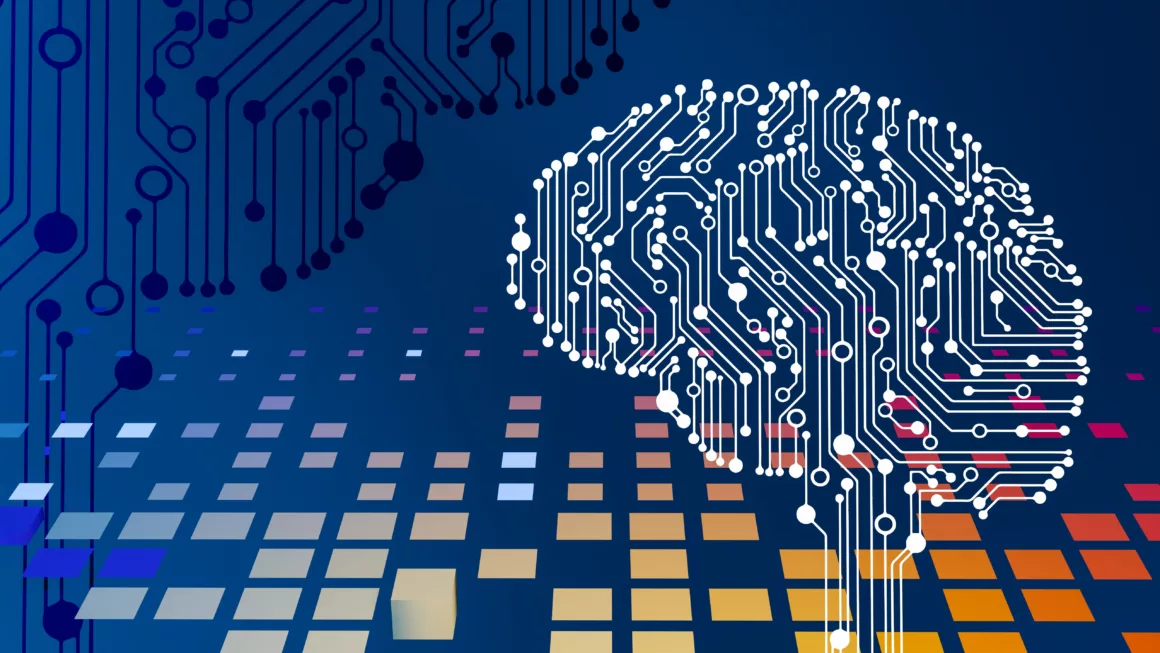Pretty much every product and project these days claims to include AI.
It could be argued that the most used phrase in law firms in 2023 was “Generative-AI”, and there are many forums, conferences and blog posts on the topic coming up in 2024. So if products like ChatGPT can create impressive documents and contracts, is that the death-knell of professions that predominately produce documents?
Personally I use AI tools every day. I bought my first Alexa in 2019 and have expanded its use from asking it to play music, through to automating my house. These days I can speak to my watch and Siri will open the boot of my car when I’m loaded up with shopping, how cool is that? I even use Microsoft-backed ChatGPT to help me write articles, and when I started writing this one I asked Bing to “write an article outlining the benefits of automation over generative AI in law firms” (feel free to try this yourself). Clearly a loaded question but here is the first paragraph:
“In the rapidly evolving world of legal technology, two key advancements have been making waves: automation and generative artificial intelligence (AI). Both technologies offer unique benefits and have the potential to revolutionize the way law firms operate. However, when it comes to practical application and immediate benefits, automation often takes the lead.”
So far so good. However ChatGPT then starts to muddy the picture by saying that “Automation in law firms primarily refers to the use of AI to streamline and expedite repetitive tasks”. This sounds like self-promotion to me and brings me back to my first sentence. Automation does not inherently contain AI. In fact I would argue Generative AI and automation are polar opposites. Generative AI will search for key-phrases in source material on the Internet and structure readable and grammatically correct sentences. I do the same thing when someone asks me something medical because I watched ER, House, and 19 seasons of Grey’s Anatomy. But as my expertise is in software, would you want me operating on your hernia?
So what is automation in a law firm if not AI?
Imagine a robot in a factory that paints cars. An expert painter will guide the robot through the process of painting the car and then the robot will do the same thing perfectly, as many times as needed. In law firms an expert will instruct the software robot to manage specific transactions. Like the painting robot, the software will then reproduce the process perfectly every time, but in the case of the law firm the software needs to manage many different situations. So rather than typing “verify the source of funding for this client and then write a Share Purchase Agreement” a team of compliance officers, data protection experts and lawyers are going to need to add their knowledge into the software to create an automated solution.
Clearly automation requires a lot more work than Generative-AI, but then who wants a well-researched idiot being responsible for their health, finances or legal future? So as software authors we need to focus on writing software that allows law firms to teach computers with ease. That’s where tools like Sysero can allow users to draw flowcharts to teach the software to ask the right questions and produce the perfect document every time. Real-world problems involve a conversation and if the world’s largest software companies can’t make an AI assistant have an intelligent conversation about light bulbs, automation is the answer for now and the near future.
 Phil Ayton
Phil Ayton